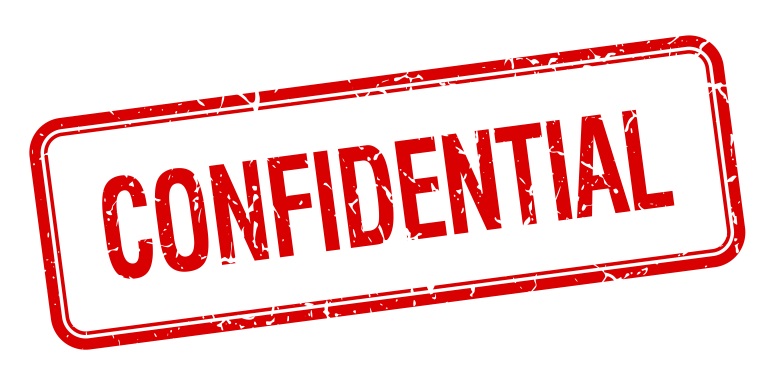Confidentiality – What You Need To Know

When seeing a psychologist, you may wonder what information remains confidential. Psychologists are bound by ethical guidelines, the APS Code of Ethics, and this includes protecting a client’s privacy by not disclosing the content of therapy.
There are some limits to confidentiality, which means that the psychologist will need to breach your privacy in situations where:
- There are concerns about your immediate safety or the safety of others
- Your information is subpoenaed by a court of law
- There is a legal obligation to do so, i.e. you disclose information regarding involvement or knowledge of a criminal offense/police investigation that has not been brought to the attention of the police.
Confidentiality and minors
As minors are not able to consent to psychological treatment, consent is provided by a parent or legal guardian. The psychologist may ask the parent/legal guardian for permission to keep the content of psychology sessions confidential. This is done to ensure the psychologist and minor can establish rapport and trust, because not having this trust can be detrimental to treatment. The psychologist will provide parents/legal guardians with information that is important for them to know, including if their child is at risk, treatment goals and general progress.
Releasing information to other individuals
In situations where you would like your psychologist to discuss your treatment with a family member, other health professional or third party, you are required to authorise consent. This is best done in written form so there is a clear understanding between you and your psychologist as to what information you consent to being disclosed and what you would like to remain confidential. Be mindful about asking a family member to call and enquire about your appointments because if there has been no authorised consent provided, your psychologist and the administration team will be unable to confirm that you are attending counselling. This is done in the effort to protect your confidentiality.
What happens if I bump into my psychologist outside of the clinic?
Your psychologist will not only keep the content of your sessions confidential, they will also ensure that the fact you are engaged in counselling remains private. It is to your own discretion that you let others know of your therapy sessions, however your psychologist will continue to maintain your privacy even when you are no longer engaged in psychological treatment. Seeing your psychologist outside of the psychology clinic can be unsettling for some individuals as they may not have anticipated an outside interaction. Rest assured that your psychologist will conduct themselves in a professional manner and will maintain your privacy. For this reason, your psychologist will not approach you or engage in a conversation. This is not to be rude, however to ensure your privacy is maintained. If you choose to greet your psychologist, this is your choice but is not necessary. In the context of workplace situations, where your psychologist may be a customer (e.g. in a retail setting) it is best to continue the interaction as per usual and do not feel the need to engage in conversation…treat them like you would any customer. If you feel uncomfortable about the interaction and would like to debrief, feel free to contact your psychologist to discuss. Your psychologist will check-in with you at your next session to ensure you were feeling comfortable following the interaction.
Here at Your Mind Matters Psychology Services, we take your confidentiality seriously. Your psychologist can answer any questions or concerns you may have about confidentiality.
About the Author:

